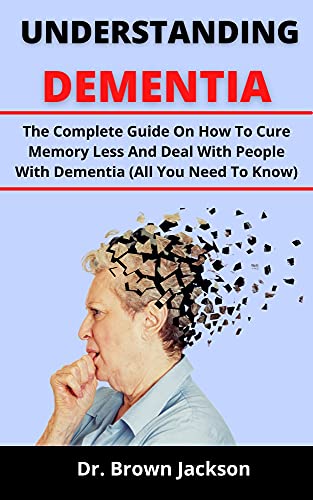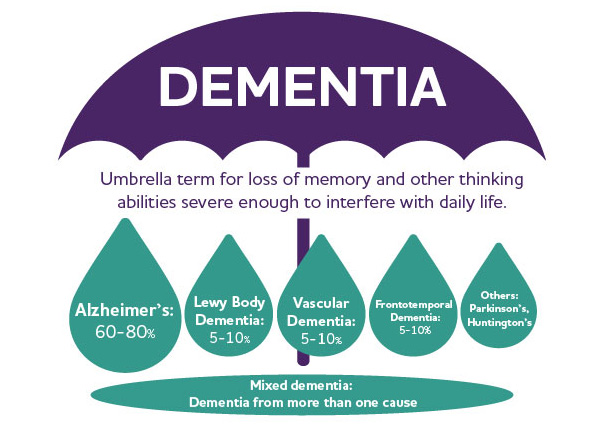
What are dementia and how can it be diagnosed? Alzheimer's disease, which is also called Parkinson's disease, is a collection of different symptoms that stem from neurological disorders affecting the central nervous system. It's not really one single disease.
Dementia is the loss of cognitive abilities or the deterioration of an individual's ability to carry out activities that they were able to perform before. Dysfraction, also called mixed dementia or chronic dementia, is a category of dementia that may include: memory issues, forgetfulness, motor issues, behavioural issues, decreased concentration and increased difficulties with decision-making and judgment. A person with dysfraction is experiencing difficulties in one or more of these areas on a regular basis and if left untreated, they can go blind or become severely disabled. A person who has dementia also has a lessened quality of life, as well as having a reduced mental capacity.
Dementia can affect the individual differently depending on their age and the severity of their disorder. People who are elderly are more likely to develop dementia as they get older, while the younger patients have a much higher chance of developing dementia later in life.
Many people confuse dementia with Alzheimer's disease. While the two diseases have similar symptoms, the diagnosis of either is different. Alzheimer's disease affects the brain by damaging neurons in a part of the brain known as the hippocampus. Dementia is also caused by damage to the nerve cells in the central nervous system. When a person develops dementia, it does not occur over a period of time but develops gradually over a period of time.
Besides age, there are other factors that contribute to the development of this condition, including illness and certain medications. For example, if a patient has a head injury or is severely depressed, the likelihood of developing dementia increases dramatically. There are a number of different treatments available for patients with dementia. Depending on the type of dementia the patient is suffering from, he or she may need medication, cognitive behavioral therapy, or a combination of both.
Cognitive therapy is an important part of treatment as it helps address brain-related problems such as thinking and memory. The patient can learn to acquire new skills and habits that will help him better cope with the difficulties he faces. Cognitive therapy can also help patients improve their mood, reduce their feelings of isolation, and increase their confidence.

Cognitive therapy helps patients overcome phobias and fears by teaching patients to relax and control their fear or panic attacks. There are also a number of different types of physical therapy that help patients learn new physical skills. This therapy is used to help patients overcome depression.
The final part of treatment involves teaching the patient life skills and helping him or her develop a support system. These skills can help them cope with stress, anxiety, and depression.
Many times a patient will require both medication and cognitive behavioural therapy, but the combination can work to strengthen the patient's ability to cope with his or her dementia and to prevent the development of any psychotic episodes. Medication is often prescribed to help reduce the effects of the medications that the patient takes for depression. If the patient is taking antipsychotic drugs or anti-depressants, then they may have to take an antidepressant in addition to the medication that they are taking. If the patient is taking antidepressants and an antidepressant is also taken, then it is very common for the patients to have some type of counselling sessions with their therapist as well.
However, Cognitive Behaviour Therapy is also very useful and can be used to help patients cope with their dementia without taking medications. It is a process where the patient is encouraged to think about how they handle situations using their minds. It is often a collaborative approach, where the patient and the therapist work together to find ways to change their thoughts to help them cope with the stresses and problems that come up in their daily lives.
Many people think that Cognitive Behaviour Therapy is only suitable for people suffering from Alzheimer's disease, but it is also used in many cases
If a patient is suffering from depression and suffering from a depressive disorder, then Cognitive Behaviour Therapy will work very well with them. They will learn techniques and strategies that help them work through their problems and help them overcome their depression.
There are many reasons why a patient should consider Cognitive Behaviour Therapy as part of their treatment. It works very well for many different types of dementia and many different types of conditions.